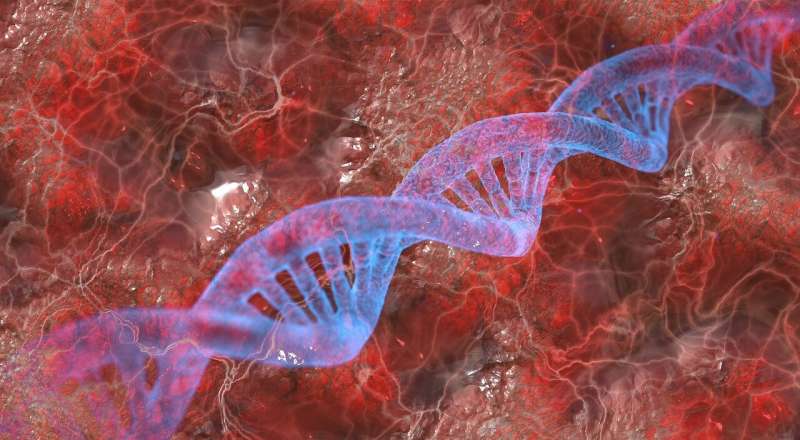
Researchers at Baylor College of Medicine and the Jan and Dan Duncan Neurological Research Institute at Texas Children’s Hospital (NRI) have identified and characterized two regions of DNA required for the proper expression of Mecp2/MECP2 in mice and humans.
These findings, published in Genes & Development, are helping to shed light on the function of these DNA regions and how they could be potential targets for diagnostic and therapeutic interventions for intellectual disabilities such as Rett Syndrome and MECP2 Duplication Syndrome.
Both of these intellectual disabilities are examples of the importance of precise MeCP2 protein levels for proper brain function. A decrease in this protein leads to Rett Syndrome, while an increase in this protein causes MECP2 Duplication Syndrome. Both are severe neurological disorders characterized by learning disabilities, features of autism and motor difficulties.
Dr. Huda Zoghbi, professor at Baylor, director of the NRI, and a Howard Hughes Medical Institute investigator, underscored the importance of understanding how the levels of RNA encoding this protein are regulated. Researchers in her lab identified two DNA regions that, when mutated, lead to either a decrease or an increase in MECP2 RNA and protein levels, resulting in partial behavioral deficits seen in Rett Syndrome and MECP2 Duplication Syndrome, respectively.
Yingyao Shao, first author on the study and graduate student in the Zoghbi lab, explains that when one of the two DNA regions were altered, results showed a moderate reduction in MeCP2 levels mimicking behavioral and molecular changes observed in Rett mice models. Alteration of the other DNA region caused a slight increase in MeCP2 protein levels similar to mice models with double expression of MeCP2.
Source: Read Full Article
